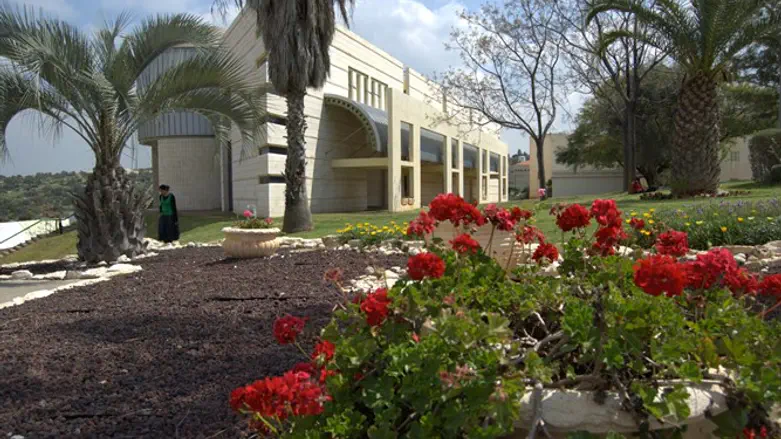
At night, the “settlement” of Elkana has the breath of an invisible city. Come morning, Jewish children are everywhere. Trees have been planted by the thousands, as if the earth, once rough and sterile, had been forced to turn green and fruitful. Elkana was my base for a week to discover the “terra incognita” of Israel, Judea and Samaria, the territories which the whole world would like to take away from the Jewish State.
The “settlers” are the hawks who do not want to lower their wings, those about whom the United Nations passes resolutions, those whom the labels of Europe and Obama’s admonitions have tried to drive away from their homes. In June, they will celebrate the 50th anniversary of their presence in Judea and Samaria.
Everybody speak of Israel, few to Israel, fewer still to the “settlers”. Their towns look like fortified American suburbs, as if these pieces of Western civilization had fallen victim to some absurd storm in the middle of nowhere.
These Jewish towns are a kind of silent and tidy Switzerland.
Elkana dominates the view of Petach Tikva (literally, the beginning of hope) which is located inside the Green Line and is the first purposely established village of Jews who came to Palestine in 1878, not to die or be buried in the “land of the fathers”, but to fight and live. You turn the corner and you see the “gederot”, the barbed wire fence which literally surrounds the community. Out of the gate it is really another world.
Outside the security fence, you find the most idealistic “settlers”. In the "territories", moving towards the east, towards Jordan, is a way to demonstrate your firmness on the subject. We talk about 100,000 Israelis living outside the thousand kilometers of barriers, walls and fence that seal the other par of the Jewish State. The geography of fear has been generous with Israel: from the northern border with Lebanon to the last centimeter in the south, the lives of Israelis every day are tied to insecurity. In the 'territories," you are always close to the border, close enough to have it sneaking into homes, cars, dreams and the nightmares of those who live there.
The “West Bank”, as the world calls it, is the most contested land in the world, it covers 5,600 square kilometers, like Liguria, one of the smallest Italian regions. The Israelis now control 40 percent of this region, according to the Oslo accords. The Palestinian Arabs use these roads, there are no roadblocks and almost no checkpoints, while the Jews cannot enter the Palestinian villages. They would be lynched, as were two reservists who strayed into Ramallah. Is this the “apartheid” the world talks about daily? No? Why not?